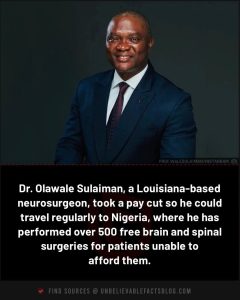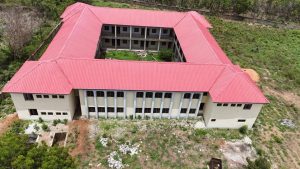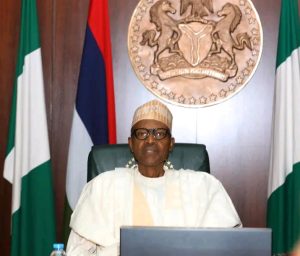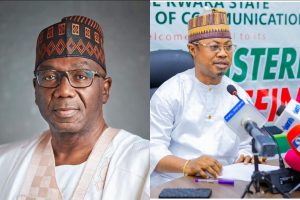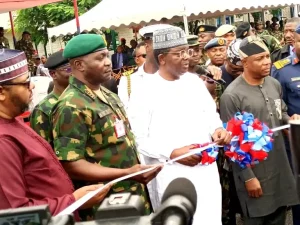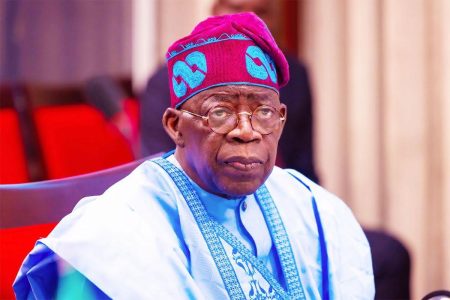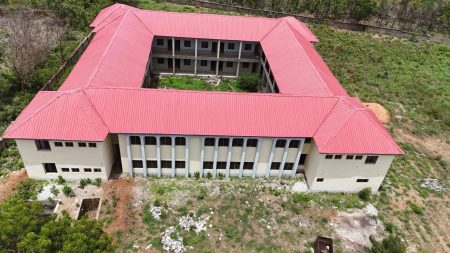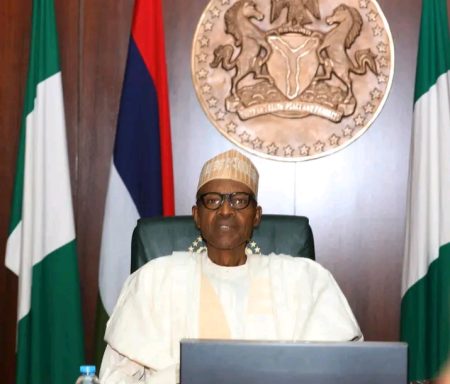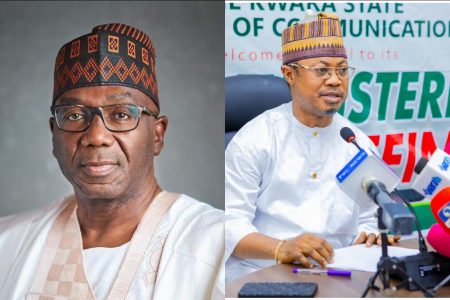Security scholars have raised concerns over the recent appeal by Nigeria’s Chief of Defence Staff (CDS), General Christopher Musa, urging the United Nations (UN) to investigate the funding and training of Boko Haram terrorists.
General Musa, in an interview with Al-Jazeera, highlighted the international financial flow supporting Boko Haram and stressed the need for the UN’s involvement in tracking the sources. However, this call has been met with criticism from security experts who believe it undermines Nigeria’s intelligence capacity.
Professor Olawale Albert, a security scholar from the University of Ibadan, expressed his disagreement, emphasizing that such a request might portray Nigeria as incapable of managing its security challenges. “General Musa is a respected officer, but this call for UN intervention creates the impression that our intelligence agencies lack capacity,” Albert stated. He questioned why existing institutions like the DSS, EFCC, and DIA have not fully utilized available intelligence to address the issue.
Albert also pointed out that Nigeria had previously received intelligence from nations like the UAE regarding Boko Haram financiers. “What happened to the list provided by the UAE? Our problem lies in the lack of readiness to act on available intelligence,” he added.
Similarly, Oladayo Ayoola, a lecturer in Criminology and Security Studies at Lead City University, argued that addressing terrorism financing is not within the UN’s mandate. He stressed the need for Nigeria to focus on internal strategies rather than relying on external bodies.
Adding to the discourse, Professor Oyesoji Aremu of the University of Ibadan described the CDS’s statement as a reflection of Nigeria’s limitations in combating terrorism. He highlighted that terrorism financing extends beyond money, involving the supply of arms, ammunition, and logistics.
Aremu also warned of the growing challenges posed by splinter terrorist groups, driven by instability in the Sahel and strained diplomatic ties with neighboring countries like Chad and Mali. He called for more robust and proactive measures to secure Nigeria’s borders and address the root causes of insecurity.
The scholars urged the government to strengthen its intelligence framework and act decisively on existing information to curb the activities of terrorist groups within and beyond Nigeria’s borders.



